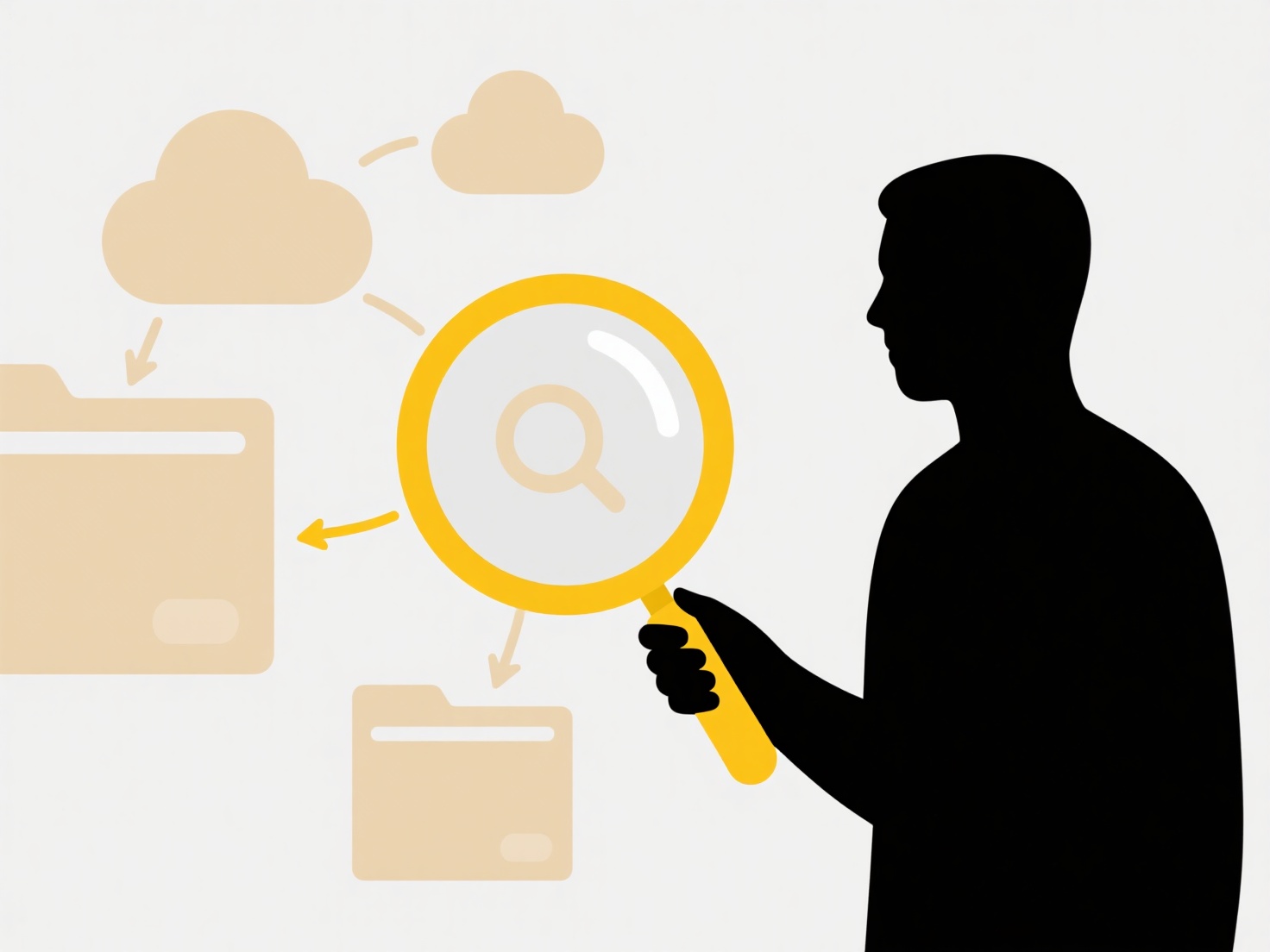
Cloud-stored files are subject to privacy laws, but these laws differ significantly based on location and file content. Unlike files stored solely on a personal computer or local server within one country, cloud storage introduces complexity because data can reside on servers anywhere globally. This means the privacy regulations of the country where the user resides, the country where the cloud provider operates, and the specific countries hosting the physical servers storing the data may all apply, creating a potential patchwork of legal obligations.
For example, a company storing customer names and email addresses on a US-based cloud platform must comply with US laws, but if those customers are European residents, the EU's General Data Protection Regulation (GDPR) also imposes strict rules on consent, access, and data deletion. Similarly, healthcare providers storing patient data in the cloud must adhere to industry-specific regulations like HIPAA in the US, often requiring contractual agreements (Business Associate Agreements) with the cloud provider to ensure compliance.

The advantages include cloud providers often building compliance tools and certifications to help users navigate laws. Key limitations involve navigating conflicting international requirements, the risk of data being subject to foreign government access requests, and complexity for users operating across borders. Future developments involve "data localization" laws requiring certain data types to stay within specific countries, impacting cloud architecture and user choice. This complexity necessitates careful provider selection and understanding applicable regulations for any stored data type.
Are cloud-stored files subject to different privacy laws?
Cloud-stored files are subject to privacy laws, but these laws differ significantly based on location and file content. Unlike files stored solely on a personal computer or local server within one country, cloud storage introduces complexity because data can reside on servers anywhere globally. This means the privacy regulations of the country where the user resides, the country where the cloud provider operates, and the specific countries hosting the physical servers storing the data may all apply, creating a potential patchwork of legal obligations.
For example, a company storing customer names and email addresses on a US-based cloud platform must comply with US laws, but if those customers are European residents, the EU's General Data Protection Regulation (GDPR) also imposes strict rules on consent, access, and data deletion. Similarly, healthcare providers storing patient data in the cloud must adhere to industry-specific regulations like HIPAA in the US, often requiring contractual agreements (Business Associate Agreements) with the cloud provider to ensure compliance.

The advantages include cloud providers often building compliance tools and certifications to help users navigate laws. Key limitations involve navigating conflicting international requirements, the risk of data being subject to foreign government access requests, and complexity for users operating across borders. Future developments involve "data localization" laws requiring certain data types to stay within specific countries, impacting cloud architecture and user choice. This complexity necessitates careful provider selection and understanding applicable regulations for any stored data type.
Quick Article Links
How can designers organize different versions of their creative files?
How can designers organize different versions of their creative files? Wisfile helps designers systematically manage f...
How does ransomware affect cloud-synced files?
Ransomware encrypts files on an infected device, making them inaccessible until a ransom is paid. When these files are s...
How do I make file names easier to understand for others?
File naming conventions are systematic rules for naming files to improve clarity and organization. They involve using co...